Social media has been a breakthrough in connecting with others in our society. It has also brought changes to the way we grieve our loved ones. Websites and platforms such as Facebook, Instagram, and TikTok have given us new ways of sharing our feelings when we are navigating a period of grieving a loss. Naturally, this comes with some advantages and disadvantages.
What are some of the advantages of social media when navigating grief?
In the past, journaling has been a way for many people to share their feelings, navigate them and get them “out” so that they can work through them. This is now happening on social media platforms through “posts”. Posting when someone has passed on gives a one-stop-shop means of sharing their passing with others, getting support and condolences and reaching out to others when they are trying to collect memories of their loved ones. This can be seen as a great advantage as the days of snail-mail cards and obituaries are slowly phasing out with each passing year.
Another advantage to this would be the option to memorialize someone’s memory through their profile on any given site, as many of them give loved ones the opportunity to gain control of the profile and share posts, pictures, memories and details about funerals or celebrations of life as to keep their memory alive for others on the internet. This can, in itself, be a bit of a therapeutic process as seeing all the positive memories flooding in from others can be incredibly heartwarming while you are going through the various stages of the grieving process.
What are some of the disadvantages?
While it is nice to see the positive memories of others on social media after their passing, there are times when it can be overbearing or even triggering. Facebook for example can collect photos and posts shared by those who have passed on, as well as share memories that they have shared with others based on the date and time in which they were posted. For some, while going through different stages of grief, this can be overwhelming and unwanted.
If your grief has caused deep sadness or depression, having the wound metaphorically ripped open by an unprompted memory of the loved one may reset the individual back to a place where they are feeling quite sad all over again.
When these things happen it is called “being triggered” by something that was posted by the website or platform itself, not fellow friends and loved ones wanting to connect or support each other. This is why it can seem rather overbearing on the platform’s part, because sometimes people may just not be ready to see those things when they are in the grips of grief.
So is social media good for grief?
That depends on the individual!
While it can be beautiful to share memories and that is a huge advantage to carrying on the pleasant memories of loved ones who have passed on, being in the digital age does come with some unwanted triggers through the use of algorithms that may bring up untimely placed memories, trigger words, or photographs that can extend the grieving process and make some feel like they will never get over it.
If you feel like you need support, reach out to a trusted individual, a counselor or a community program where you can get the support you need to navigate the healing process.
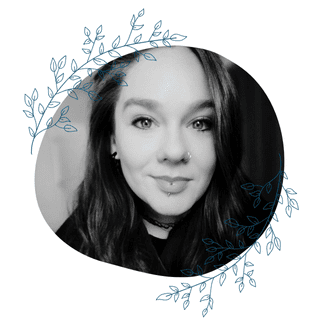
Hello! I’m Jessica, a mental health advocate and support worker from British Columbia, Canada, with a decade of experience in the field. My work spans substance abuse care and mental health, where I strive to foster safe spaces for sharing and healing. I specialize in addiction, anxiety, trauma, and grief, believing that with empathy, compassion, and community support, we can guide each other through life’s darkest moments. Together, we’re never alone.


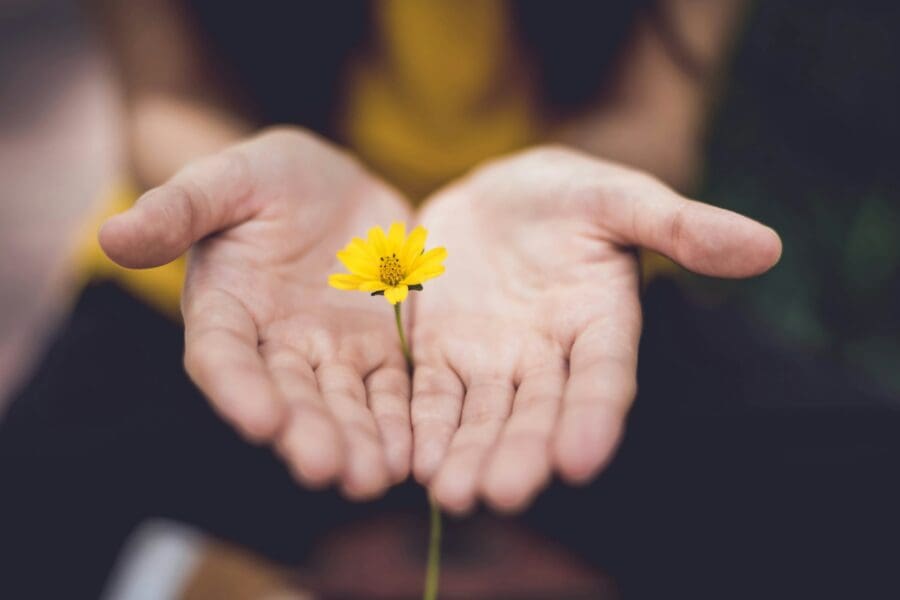

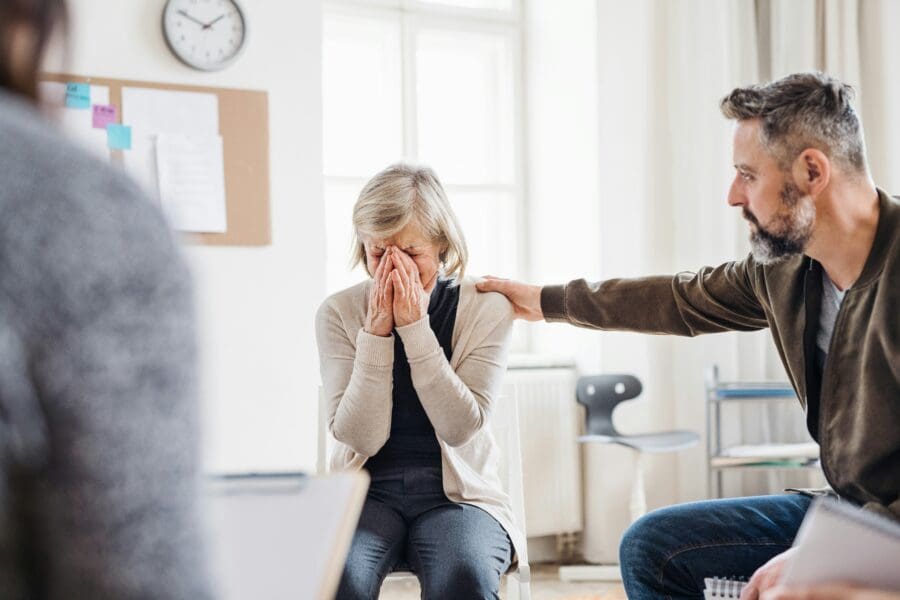
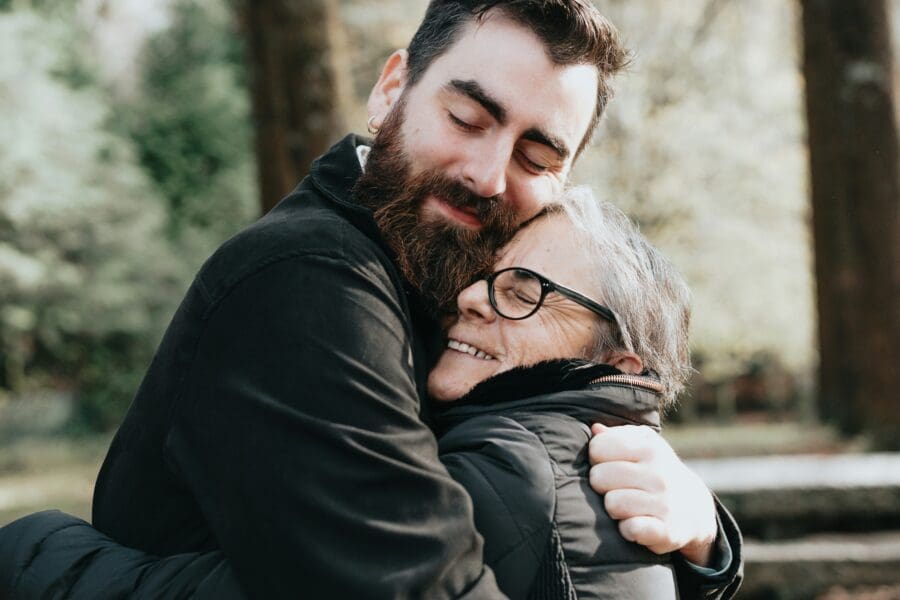
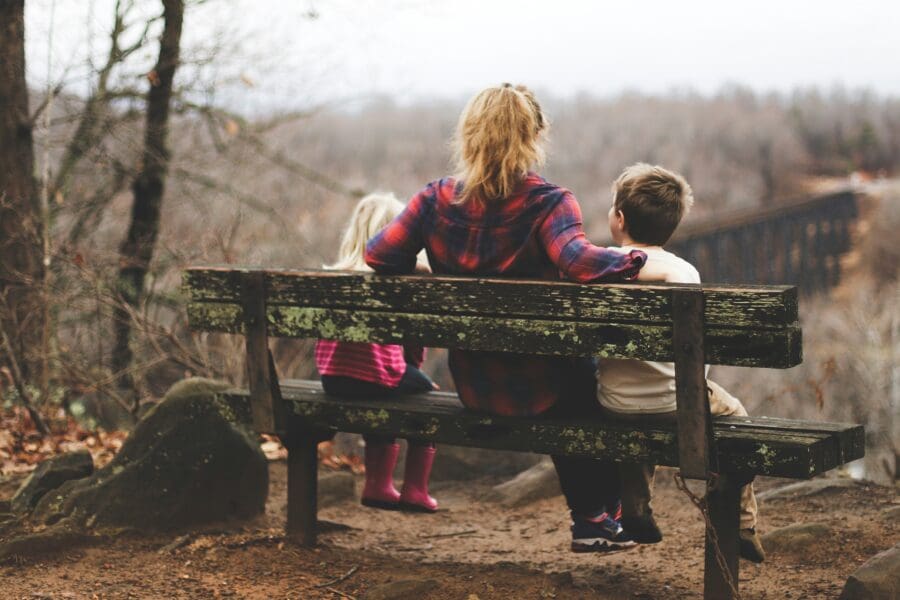

Leave a Comment